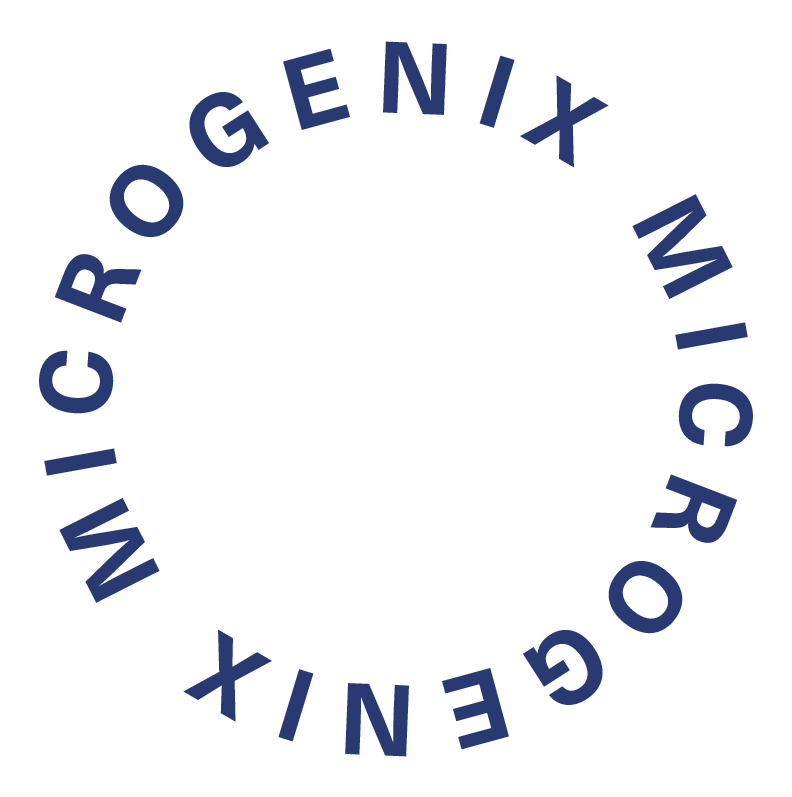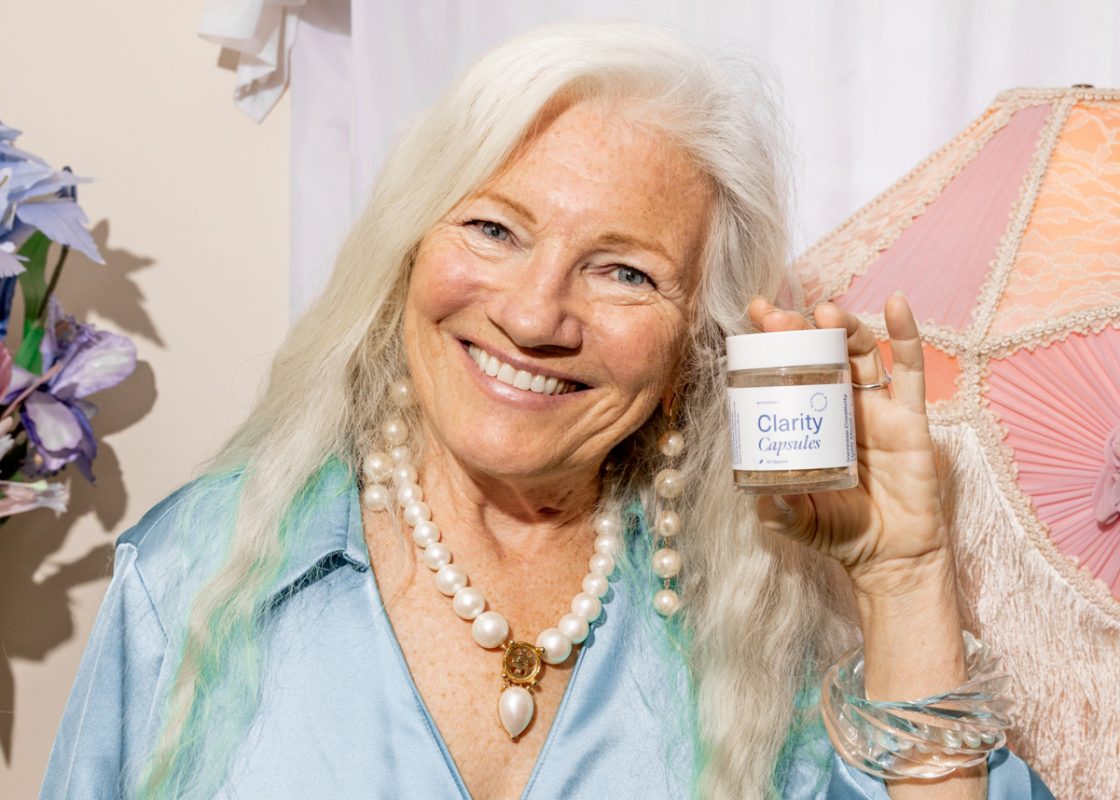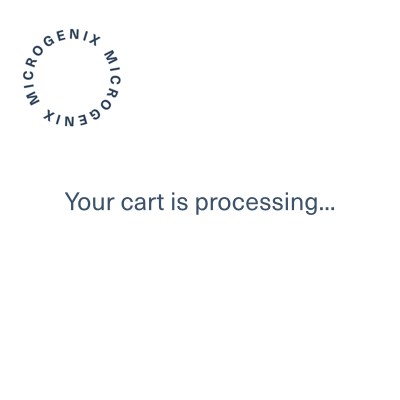Blog
Psilocybin: Paving the Path to Healing
Individuals suffering from Anxiety, Depression, PTSD and other mental illnesses understand the weight that is borne on a daily basis, hindering life’s full potential quality due to the negative symptoms that come along with it.
Mental illness in North America grows increasingly prevalent in modern society as a result of plenty of concerning factors. As these serious illnesses bombard corners of all ages, many are left to investigate viable treatment routes for a chance at favorable living.
What may have once been a radical consideration for mental health treatment is now stark at the forefront of ultimate healing. Psilocybin; deriving from the divine earth itself with a vital point to prove.
Healing Aspects of Psilocybin
In light of various studies, we’ve come to better understand psilocybin’s effectiveness in the mitigation of mental illness symptoms. The success of these findings have paved a trail of curiosity still under way, though it is the expansive spiritual attributes of psilocybin that you often don’t see emphasized in mental health studies.
The mystical characteristics felt from psychedelic compounds might just be the nucleus of treatment success in understanding the substantial healing capabilities it can offer to patients.
One major success in psychedelic treatment was found in a study led by NYU Langone, where a single dose of psilocybin was administered to cancer patients suffering existential emotional distress. Improvements in spiritual well being, outlook towards death, as well as reduction in depression and anxiety symptoms displayed significant positive results—results that have been sustained even at the 4.5 year follow-up mark following the same single dose of psilocybin.
What makes this study’s findings so special is not only the positive effects it had on the distressed patients immediately, but the profoundly long-lasting capabilities that still show psychological efficacy nearly five years after the fact.
Much like other successful psilocybin studies, the prevailing results seemed to be heavily credited to psilocybin’s effect on serotonin in the brain, understanding that serotonin imbalance is a prominent attribute of depression and anxiety disorders. Although we can speculate that psilocybin’s ability to activate serotonin receptors in the brain plays a distinct role in symptom relief, we can’t help but feel like the more mystical properties of psilocybin may be a chief figure of healing in successful research studies such as this.
When the patients of this study were asked to discuss their experiences (I highly recommend watching the video), the outpour of spiritual poise attached to their experiences was nothing short of mesmerizing.
It goes beyond surmising that the otherworldly sensations of psilocybin can bring us to an elevated state of consciousness. In these heightened states, outlook towards life, connection, and empathy play a key role in spiritual enlightenment—giving patients in distress a new perspective on life that is presumably unmatched by any other form of pharmaceutical treatment.
Considering there is no device that allows professionals to see exactly what a patient sees during a psilocybin induced experience, measuring the properties of spiritual elements is a cryptic task that can likely only be understood to full capacity on a personal account. Although, these spiritual lessons are nothing unfamiliar when it comes to the history of psychedelics.
Spiritual History
Psilocybin has been used for thousands of years, for both ceremonial and medicinal purposes among indigenous peoples around the world.
In Central America, psilocybin use in ceremonies is thought to trace as far back to 1,500 BCE. Psilocybin use in these ancient ceremonies was under spiritual and religious contexts, depicting psychoactive mushrooms as a way to communicate with higher powers.
Ancient Egyptians believed entheogenic mushrooms to be plants of immortality, naming them “A gift from the God Osiris.”
The divinatory context of entheogenic mushroom use predates recorded history, though the entrance of psilocybin in western society can be emphasized in 1959. In 1959, Swiss chemist Albert Hofmann isolated psilocybin from the mushroom P.mexicana, a entheogenic mushroom native to North and Central America.
Albert Hofmann, otherwise known as “the father of LSD,” synthesized psilocin and psilocybin after being delivered samples of the mushroom from a French mycologist named Professor Heim. Heim had been fascinated by Hofmann’s prior breakthrough work with LSD. Professor Heim attempted the same psilocybin isolation process but was unsuccessful, resulting in Albert Hofmann solely taking on what would become a monumental discovery in psychedelic research. After reaching a plateau in his own research, where it was hinted that the mushrooms may be inactive, Hofmann ingested 2.4g of the mushrooms himself. In doing so, he was given the clarity that would lead him to understand they were not conducting proper tests.
Albert Hofmann undoubtedly obtained consciousness-raising experiences with psychedelics throughout his career in both experimental and accidental contexts. In an interview with Czech Psychiatrist Stanislav Grof, Hofmann was asked about his experiences with psychedelics, where he stated:
“They have changed my life, insofar as they provided me with a new concept about what reality is.”
Also stating:
“What is my spiritual inside that can be changed. This possibility to change reality, which exists in everyone, represents the real freedom of every human individual.”
In the same interview, prehistoric sacred use of psychedelics in contrast to the misuse of psychedelics in Western culture was addressed, emphasizing the importance of respect and understanding when it comes to the spiritual healing we derive from sacred medicine.
The abuse and misuse of psychoactive drugs likely being alluded to is the 1960’s counterculture, otherwise known as the infamous “hippy” era. The inflation of recreational psychedelic use around this time brought an overwhelming increase of addiction in younger ages as well as unsafe sourcing, resulting in a plethora of increased crime rates, overdoses and poverty. The downfall of this counterculture movement put a wrench in psychedelic research advancement, reminding us of how far we have come in the consistent progressions we reap from attentive studies today.
Healing Methods
By addressing sacred psychedelic history as well as crucial studies such as by NYU Langone, it’s fair to state that magic mushrooms are involved with a vast spectrum of profound capabilities. Because of this, more and more individuals are looking towards the mystical path as hopeful means of mental health support. So, what does individual healing entail?
Around the world there are various methods of psychedelic healing, such as retreats, ceremonies, and more recently, psilocybin-assisted therapy. Methods like these may be worth looking into if you seek a psilocybin experience consisting of a more spiritual context, but are to be thought about in depth before jumping on a plane. Getting into contact with experienced professionals in the psychedelic field can offer the insight necessary to know if one of these experiences may be fit for you.
Healing at home has become more and more attainable thanks to the power of microdosing. Microdosing gives individuals the ability to consume psilocybin in a manner that causes little to no disruption to the average routine, accounting for its increasing popularity amongst many types of people including full-time workers and busy moms. Microdosing in itself has shown notable achievements in a range of studies, making it attractive to those who wish to reap long term benefits of psilocybin excluding the entheogenic effects of a larger dose.
Allotting for optimal microdosing success, there should be proper research involved when choosing your psilocybin source, dosage and scheduling. Microdosing on a scheduled basis is a great tool to potentially aid in mental health improvement, but is even more effective when paired with other mindful lifestyle changes, further guiding an approach toward ultimate healing.
With that said, the undeniable success of trials like these are not all credited to psilocybin alone.We must consider its conjunction with intentional psychotherapy, and the large role it plays for optimal, long-lasting benefit in patients.
Other mindful habits that pair well with a consistent microdosing routine can be therapy sessions, meditation, journaling, and increased time in nature.
Contrary to microdosing, we recognize larger doses of psilocybin to bring potential breakthroughs in cognitive behavior, where the prolonging effects are more likely to occur. Large doses of psilocybin can bring on mind-altering trips, which many have considered to be life changing for the better. Intense changes in perception have been said to ignite an array of various outcomes, such as the breaking of negative habits, expanded awareness, increased connectivity, and changes in mental health. Although taking part in a 7ish hour trip that could change your life sounds wildly appealing, for some the mind-bending experience can be downright terrifying.
In order to avoid a big trip experience you may not be equipped for, becoming familiar with psychedelics through educating yourself, talking to others who are experienced, seeing if microdosing is for you, as well as working with the inner-self, can prepare you for a more comfortable journey. If a hero (BIG) trip is on your spiritual healing to-do list, you can read our new article about macrodosing to learn more about recommended precautions worth taking.
Worth the Read
Leaving scientific reviews for a moment, there are massive online forums chock-full of psilocybin activists eager to share their microdosing journeys with others. I’ve spent hours scrolling through different Reddit posts this year which praise the healing benefits of psilocybin. Majority of them relate to the combatting of common mental illnesses such as Depression, Anxiety, and PTSD.
One purpose behind psilocybin studies is for professionals to gain a better grasp on the potential benefits of entheogenic mushrooms after decades of stagnancy, which is highly necessary for shedding light on the improper stigma that has jaded psychedelic progression for years. In contrast, forums such as these are ideal for those seeking interpersonal representations of individual psychedelic journeys – as we do for many other things we are curious about trying – but should be taken with a grain of salt. To ensure optimal safety, keep in mind when reading the success stories of non-professionals, that no individual journey mirrors the next.
Psychedelics are complex substances that can act differently from person to person, which is why they should always be handled with caution. Fueling the mind with reputable knowledge and sources make all the difference, and should always remain the first priority.
Yours,
Olive




